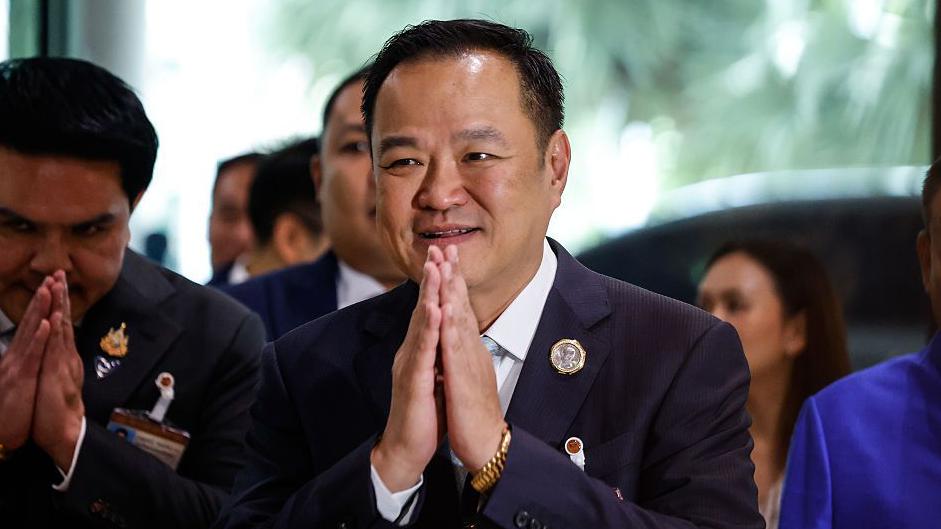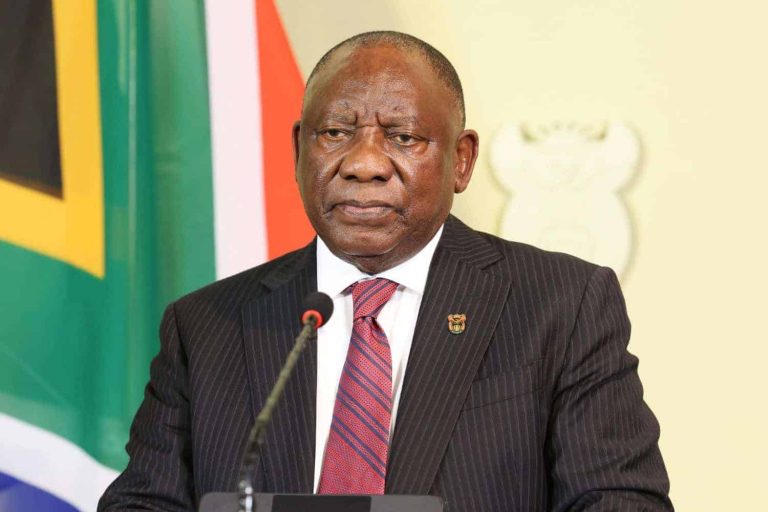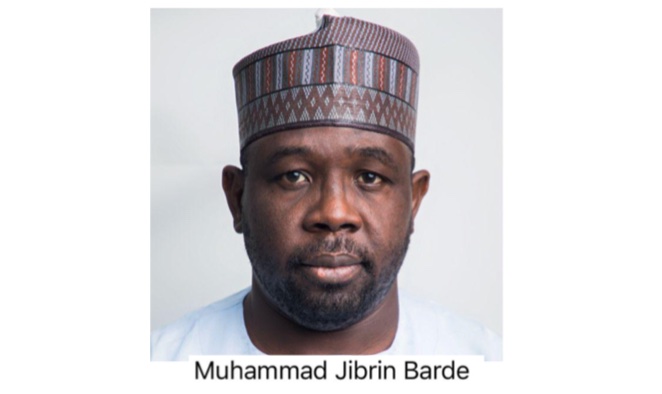
Thailand’s political landscape has shifted once again after parliament elected business tycoon Anutin Charnvirakul as the country’s new prime minister—the third person to hold the office in just two years.
The decision follows last week’s dramatic removal of Paetongtarn Shinawatra, a scion of Thailand’s most powerful political dynasty, who was ousted by the Constitutional Court for alleged ethical violations in her handling of a border dispute with Cambodia.
Anutin, leader of the Bhumjaithai Party, secured the premiership after breaking ranks with the Shinawatras’ Pheu Thai Party and rallying enough parliamentary support to take power.
But the appointment does not end the turbulence. Thailand has a long history of political instability, with successive governments toppled by judicial rulings and military coups.
The fall of Paetongtarn marks a significant setback for the Shinawatra family, which has dominated Thai politics since 2001, when her father, Thaksin Shinawatra, rose to power.
On Thursday night, Thais watched closely as a private jet believed to be carrying Thaksin departed the country.
The former prime minister later confirmed he had flown to Dubai for medical treatment but vowed to return ahead of a 9 September court hearing that could see him imprisoned once again.
Meanwhile, Pheu Thai has been pushed to the sidelines. Its only remaining candidate for prime minister, Chaikasem Nitisiri, is in poor health and lacks national recognition, leaving the party with little chance of regaining leadership in the near future.
The Shinawatras’ populist policies once secured strong backing from Thailand’s rural and working-class voters but repeatedly clashed with Bangkok’s conservative-royalist establishment. Both Thaksin and his sister Yingluck, who succeeded him, were ousted in coups in 2006 and 2014 respectively.
Paetongtarn’s rise to power had been seen as a political comeback for the family. But her removal—making her the fifth Thaksin-aligned prime minister dismissed by the Constitutional Court—suggests that the family has once again lost favour with the country’s ruling elite.
Her dismissal also follows a pattern: she had only taken office after her predecessor was removed for a similar ethics violation.
The Pheu Thai-led coalition itself only assumed power after the reformist party that won the 2023 election was blocked from forming a government, then later dissolved by the Constitutional Court, with several of its leaders banned from politics for a decade.
Ironically, that party’s successor—the People’s Party, which holds the most seats in parliament—is among those now backing Anutin. Despite its electoral strength, it remains legally barred from forming a government of its own.
For now, Anutin’s victory signals a new chapter, but Thailand’s cycle of judicial interventions and power struggles suggests political uncertainty is far from over.



